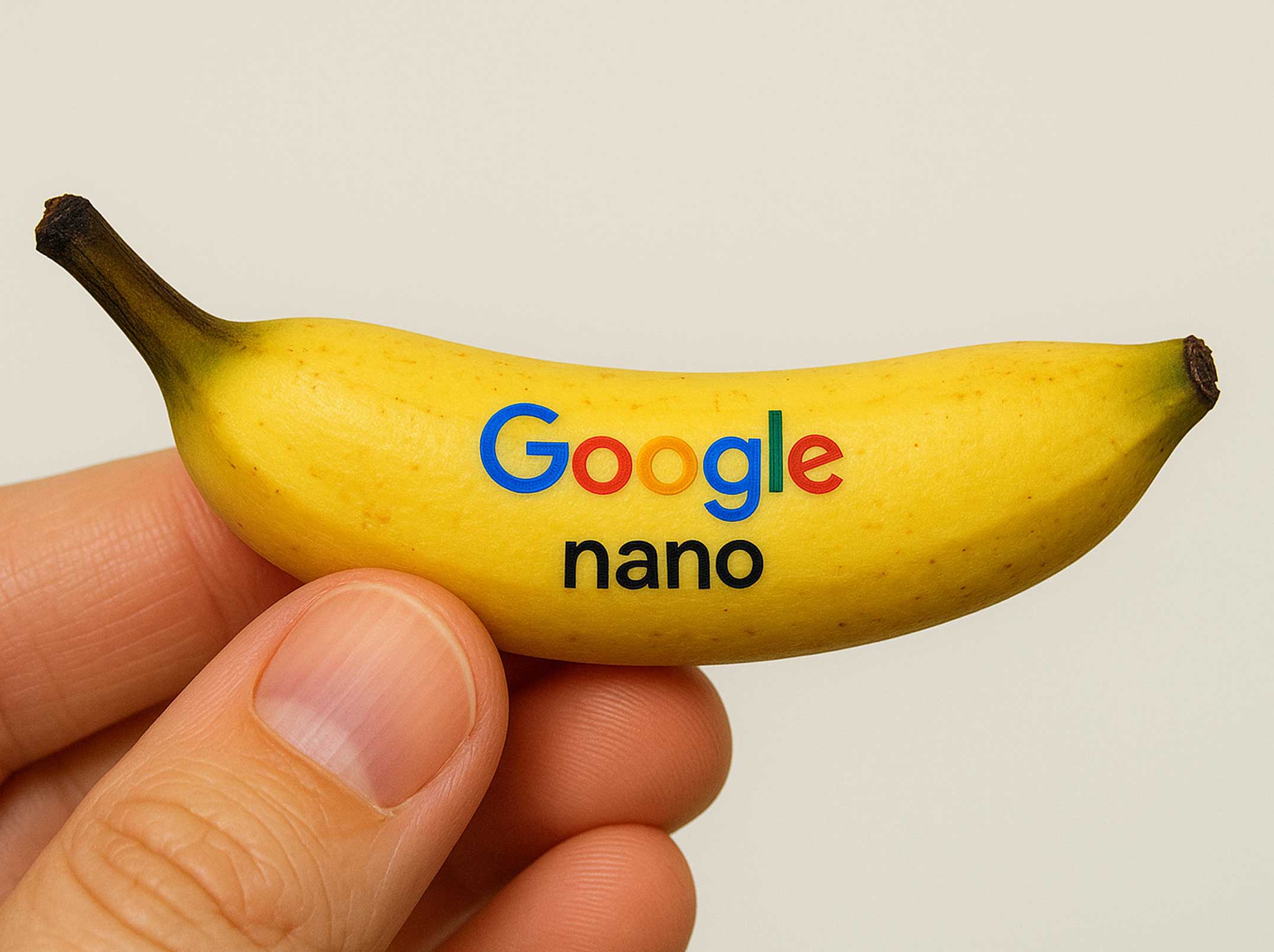5 Trends Shaping B2B Marketing in 2025: Insights from LinkedIn
Uncover 5 B2B marketing trends shaping 2025, based on LinkedIn insights. Stay ahead with data-driven strategies for success and growth.

It's easy to feel like B2B marketing is in a constant state of flux, but some shifts are more seismic than others. We're seeing a clear departure from traditional approaches, driven by technological advancements and a demand for more tangible results. A recent LinkedIn report cuts through the noise, identifying five critical trends that are not just changing the game, but redefining it entirely. These aren't just incremental updates; they point to a future where AI isn't just a tool, revenue metrics are the North Star, and personalized content moves beyond a nice-to-have to a non-negotiable.
Embracing AI for Enhanced Attribution
The modern B2B buyer's journey is rarely a straight line; it's a complex, multi-touch expedition spanning numerous channels and touchpoints. This inherent complexity makes pinpointing effective strategies a significant challenge for marketers relying on outdated tracking methods. To truly understand what's influencing purchasing decisions, businesses are increasingly turning to AI-powered attribution models. These sophisticated tools can map intricate buyer paths with remarkable accuracy, moving beyond simplistic last-click models to reveal the true impact of each interaction. By leveraging AI, marketers can gain unprecedented insights into customer behavior, allowing for more precise targeting, optimized resource allocation, and ultimately, a stronger return on investment. LinkedIn's recent advancements in ad attribution, for instance, offer a tangible example of how these AI-driven technologies are actively reshaping the landscape of B2B marketing effectiveness.
Revenue Metrics Take Center Stage
The shift in B2B marketing isn't just about adopting new tools; it's a fundamental re-evaluation of what success looks like. The days of simply tracking impressions or clicks are fading. Today, marketers are under increasing pressure to demonstrate direct contributions to the bottom line, moving beyond traditional engagement metrics to focus on revenue-driven outcomes. This means prioritizing key performance indicators (KPIs) like lead-to-revenue conversion rates, customer lifetime value (CLV), and marketing's influence on the sales pipeline. This deliberate pivot reflects a broader organizational imperative: to tightly align marketing strategies with overarching business objectives. It's an approach that mirrors how agencies like Brand Activator guide B2B companies, emphasizing that marketing's ultimate purpose is to fuel tangible financial growth.
The Demand for Proof of Brand ROI
CFOs now demand clear marketing ROI. This heightened scrutiny pushes marketers to build robust measurement frameworks, proving the financial impact of brand-building. By demonstrating how marketing investment directly generates revenue, teams can secure continued executive support and funding.
CFOs increasingly demand clear ROI from marketing. This scrutiny forces marketers to build stronger measurement frameworks, proving how brand investments directly drive revenue. Demonstrating this financial impact secures executive buy-in and continued funding.
Personalization Through Data and AI
In B2B marketing, the traditional "one-size-fits-all" approach is rapidly becoming obsolete. The convergence of advanced data analytics and artificial intelligence (AI) is ushering in an era of true hyper-personalization. Businesses are now leveraging these powerful technologies to create highly tailored content and experiences that resonate deeply with their target audiences.
By meticulously analyzing vast amounts of user data—from past interactions and behavioral patterns to industry-specific needs and pain points—AI algorithms can identify nuanced preferences that human analysis alone would miss. This deep understanding empowers marketers to craft messaging, recommendations, and offerings that are not just relevant, but genuinely aligned with individual customer needs and their unique stage in the buyer's journey. The result is a significant uplift in customer engagement, fostering not just conversions, but stronger, more enduring relationships built on relevance and perceived value. This isn't merely about addressing a prospect by name; it's about anticipating their needs and delivering precisely what they require, often before they even realize it themselves.
The Rise of In-Person Events and Webinars
Even as digital channels dominate, the human element in B2B marketing remains irreplaceable. Despite the undeniable shift towards online interactions, in-person events and webinars continue to hold significant sway in building meaningful business relationships and driving engagement. These platforms offer distinct opportunities for direct interaction, allowing for deeper conversations, immediate feedback, and the kind of personal link that digital mediums often struggle to replicate.
Recent research underscores their enduring power: a compelling 52% of B2B marketers identify in-person events as their most effective distribution channel, with webinars not far behind at 51%. This highlights that, far from being relics of the past, these channels are critical components of a balanced and effective B2B marketing strategy. They serve as powerful conduits for networking, thought leadership, and, crucially, for converting leads into lasting partnerships.
To leverage these highly effective channels for your business and create tailored experiences that drive real connections and conversions, you can reach out to us to plan your next in-person event or webinar and meet your specific marketing objectives.
Actionable Insights for Marketers
To thrive in the evolving B2B landscape of 2025, marketers must strategically adapt. Here’s how to ensure your efforts are impactful:
- Integrate AI Solutions: Invest in AI tools to enhance attribution and personalize customer interactions.
- Align Metrics with Revenue: Focus on KPIs that directly impact financial performance, proving marketing's value.
- Develop Robust ROI Frameworks: Create systems to clearly link marketing activities to revenue, meeting executive expectations.
- Leverage Data for Personalization: Use data analytics to understand preferences and deliver tailored content.
- Prioritize Engagement Channels: Incorporate in-person events and webinars to strengthen client relationships and drive conversions.
By embracing these strategies, marketers can navigate the future effectively, ensuring their work is both relevant and impactful.
Subscribe to our newsletter
Stay informed with the latest marketing trends, expert insights, and exclusive updates delivered monthly.




